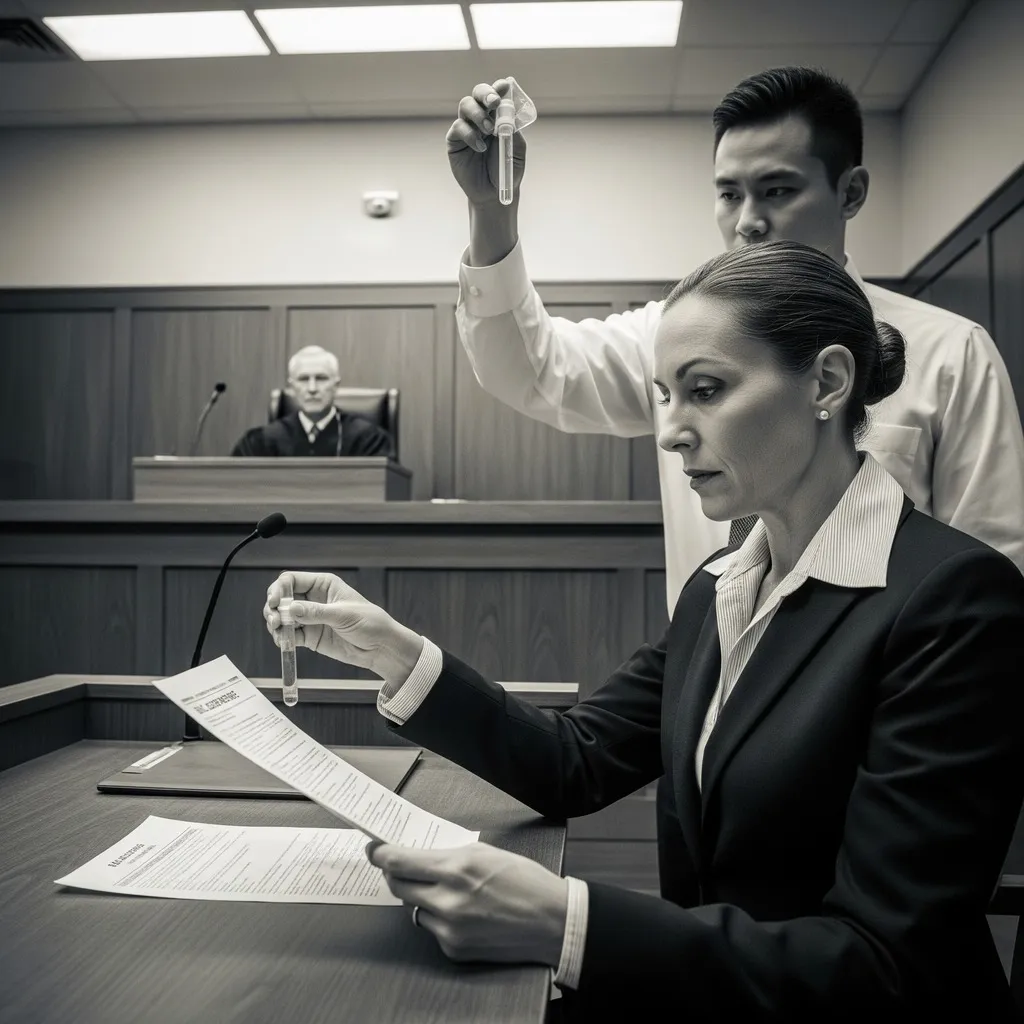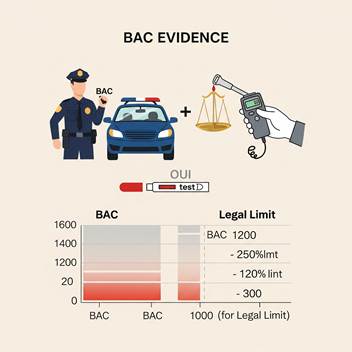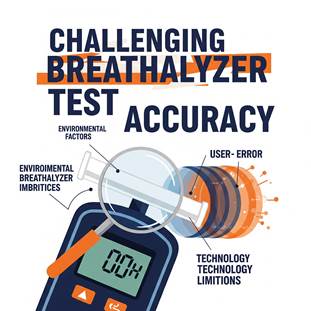How an OUI Lawyer Challenges Blood Alcohol Content (BAC) Evidence

- Singh Law 4 U
- June 9, 2025
When facing an OUI charge in Massachusetts, the prosecution’s case often hinges on blood alcohol content (BAC) evidence. Many people assume that a BAC reading above 0.08% automatically guarantees a conviction, but this isn’t necessarily true.
An experienced OUI lawyer in Attleboro MA, understands that BAC evidence can be challenged in numerous ways, potentially leading to reduced charges or even case dismissal.
Understanding BAC Evidence and Its Role in OUI Cases
Blood alcohol content represents the concentration of alcohol in your bloodstream, typically measured through breath, blood, or urine tests. In Massachusetts, a BAC of 0.08% or higher creates a legal presumption of intoxication for drivers over 21. However, this presumption doesn’t mean the evidence is bulletproof.

BAC readings can be influenced by various factors, including your body weight, metabolism, food consumption, medical conditions, and the time between drinking and testing. A skilled OUI lawyer in Attleboro MA, knows how to examine these variables and identify potential weaknesses in the prosecution’s evidence.
Challenging Breathalyzer Test Accuracy
Breathalyzer devices are commonly used during OUI arrests, but they’re not infallible. These machines require regular calibration and maintenance to produce accurate results. Your attorney can request maintenance records to determine if the device was properly calibrated before your test.

Environmental factors can also affect breathalyzer accuracy. Radio frequency interference, certain medical conditions like diabetes or acid reflux, and even mouthwash or breath mints can potentially skew results. An experienced OUI lawyer in Attleboro MA will investigate whether any of these factors could have influenced your BAC reading.
Investigating Medical Conditions and Medications
Certain medical conditions and medications can interfere with BAC testing or create false positives. Diabetes, hypoglycemia, and gastroesophageal reflux disease (GERD) are among the conditions that can affect test results. Some medications, including cough syrups and prescription drugs, contain alcohol that could influence readings.
Your OUI lawyer in Attleboro MA will review your medical history and current medications to determine if any factors could have impacted your BAC test results. This thorough investigation often reveals alternative explanations for elevated readings.
Working with Expert Witnesses
Successfully challenging BAC evidence often requires expert testimony from forensic toxicologists, medical professionals, or breathalyzer technicians. These experts can explain complex scientific concepts to judges and juries, helping them understand why BAC evidence might be unreliable in your specific case.
Your attorney will coordinate with qualified experts who can review the evidence, identify potential problems, and provide compelling testimony about the limitations and potential inaccuracies of BAC testing.
The Importance of Acting Quickly

Time is critical when challenging BAC evidence. Breathalyzer maintenance records, video footage from your arrest, and witness testimony can disappear if not preserved promptly. Additionally, Massachusetts law requires certain administrative actions within specific timeframes to protect your driving privileges.
Get in Touch with Us!
While BAC evidence may seem overwhelming, an experienced OUI lawyer in Attleboro MA, has numerous strategies for challenging its accuracy and admissibility. From questioning testing procedures to investigating medical factors and timing issues, a thorough defense can often reveal weaknesses in the prosecution’s case.
If you’re facing OUI charges, don’t assume that BAC evidence guarantees a conviction. Contact a skilled attorney who understands the complexities of BAC testing and knows how to build an effective defense strategy tailored to your unique circumstances. The right legal representation can make all the difference in protecting your future and your freedom.







